Agriculture - 2 Class 4 Worksheet SST
Q1: Multiple Choice Questions (MCQs).
(i) What is the main economic activity in India that covers animal raising and fishery?
(a) Manufacturing
(b) Mining
(c) Agriculture
(d) Construction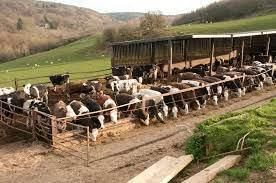
(ii) Which of the following factors is NOT used for the classification of different types of agriculture in India?
(a) Rainfall
(b) Size of Holding
(c) Industrialization
(d) Technology
(iii) Which type of farming is practiced in regions where rainfall is less than 80 cm?
(a) Wet Farming
(b) Irrigated Farming
(c) Dry Farming
(d) Terrace Farming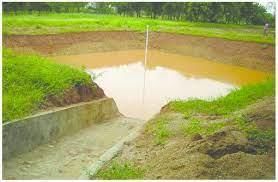
(iv) Which crop is a significant source of oil and cattle feed in India?
(a) Rice
(b) Wheat
(c) Cotton
(d) Sugarcane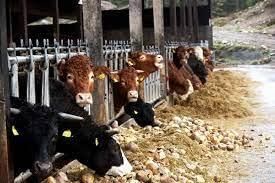
Q2: True or False.
(i) India is the largest producer of wheat in the world.
(ii) Tea is a beverage crop grown in India.
(iii) Rabi season begins with the onset of monsoon rains.
(iv) India is the third largest producer of mangoes globally.
(v) The Green Revolution aimed to improve agricultural production in India.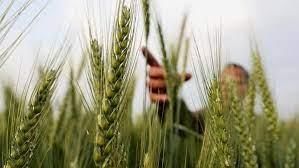
Q3: Match the Following.

Q4: Correct and Rewrite the Statements.
(i) India is the largest producer of cotton in the world.
(ii) The main types of farming in India are hot and cold farming.
(iii) Rice is a rabi crop grown during the winter season.
(iv) The Green Revolution aimed to decrease agricultural productivity.
(v) Dry farming is practiced in regions with high rainfall.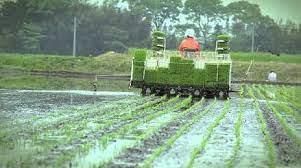
Q5: Write Any Two Differences.
(i) Dry Farming vs. Irrigated Farming
Difference 1: Rainfall
Difference 2: Water Source
(ii) Paddy vs. Wheat
Difference 1: Growing Season
Difference 2: Primary Use
Q6: Name the Following.
(i) The largest producer of tea in the world.
(ii) The main economic activity that covers animal raising and fishery.
(iii) The type of farming practiced where rainfall is more than 200 cm.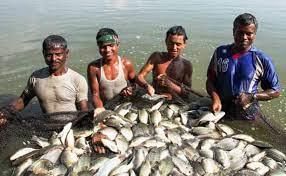
Q7: Short Answer Questions.
(i) Name three factors used for the classification of different types of agriculture in India.
(ii) Which crops are commonly grown in the kharif season? Provide two examples.
(iii) Explain the importance of tea and cotton crops in India.
(iv) What is the Green Revolution, and how did it impact agricultural production?
(v) Why is sugarcane considered a significant crop in India?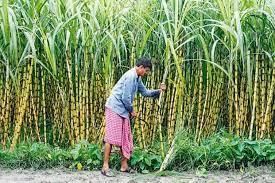
You can find Worksheets Solutions here: Worksheet Solutions: Agriculture - 2
|
33 videos|264 docs|50 tests
|
FAQs on Agriculture - 2 Class 4 Worksheet SST
| 1. What is agriculture? |  |
| 2. How does agriculture contribute to the economy? |  |
| 3. What are the different methods of agriculture? |  |
| 4. How does climate change affect agriculture? |  |
| 5. What are the challenges faced by small-scale farmers in agriculture? |  |





















